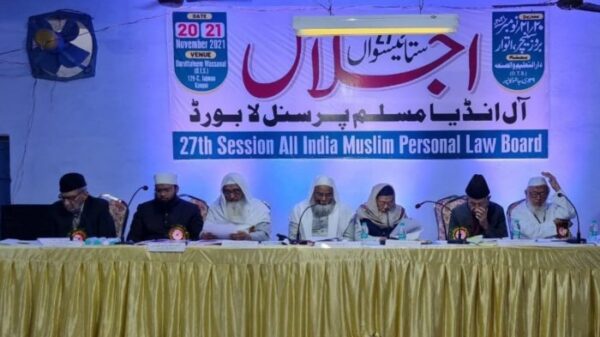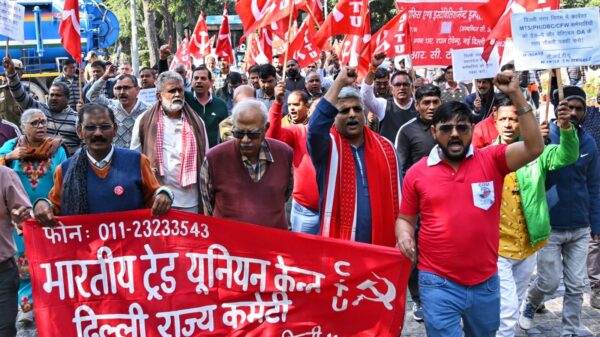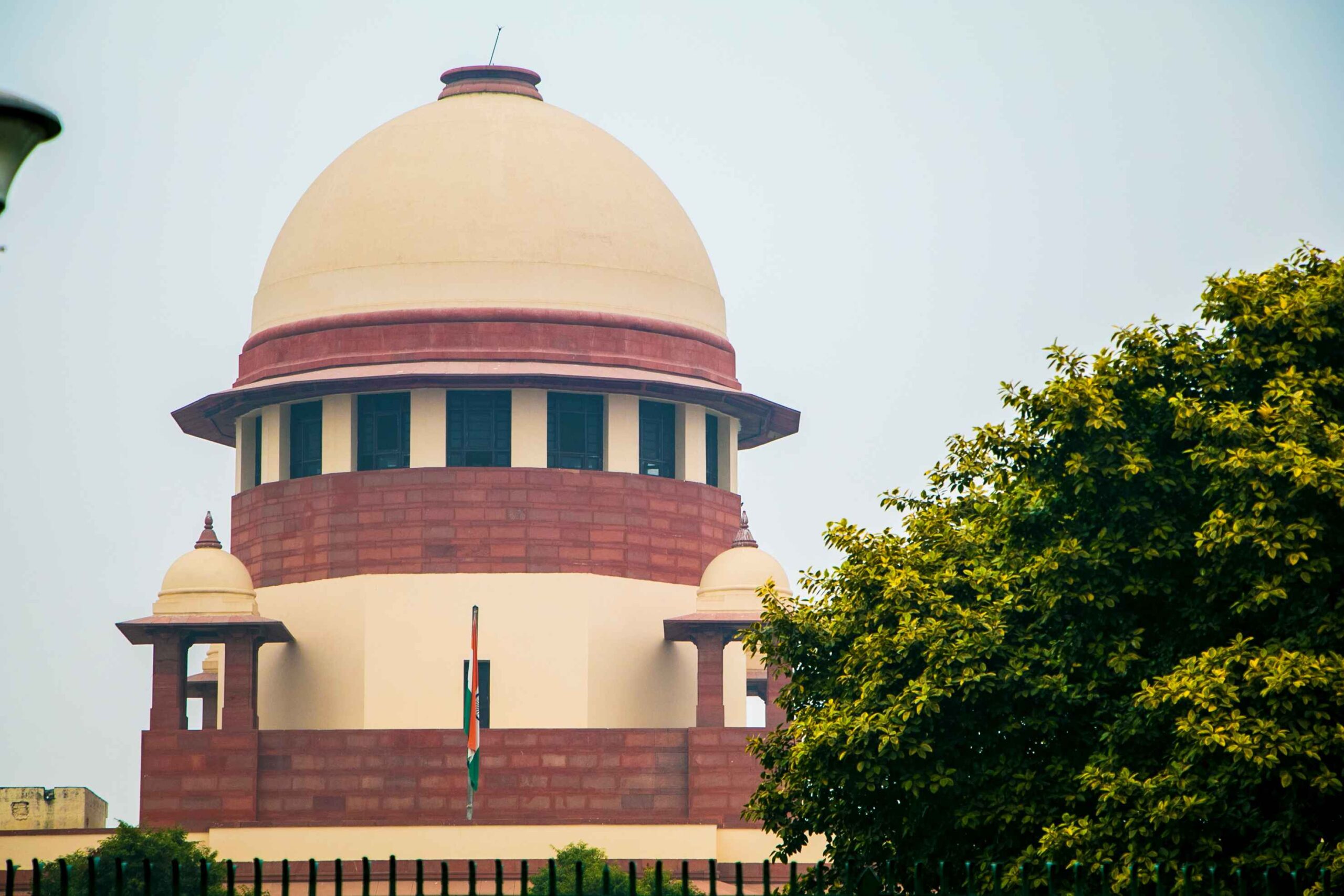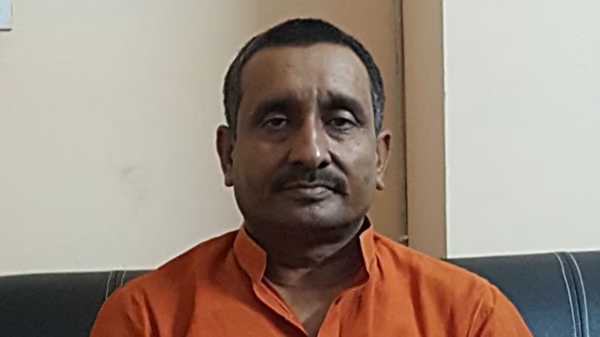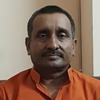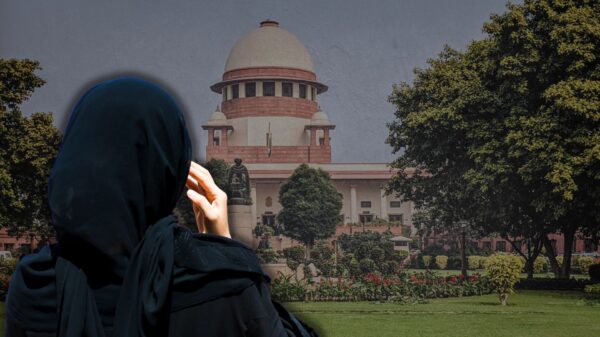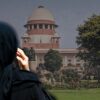The Supreme Court on Monday reaffirmed that said is a “core feature” of the Indian Constitution and a part of its basic structure. Justice Sanjiv Khanna, presiding over a two-judge bench with Justice Sanjay Kumar, made the remarks while hearing petitions challenging the inclusion of the words “secularism” and “socialism” in the Constitution’s Preamble through the 42nd Amendment in 1976.
Justice Khanna noted, “There are a number of judgments which hold that secularism was always part of the basic structure of the Constitution. The right to equality and the word ‘fraternity’ used in the Constitution, as well as the rights under Part III, indicate that secularism is a core feature.”
The petitions were filed by former Rajya Sabha MP Subramanian Swamy, Advocate Ashwini Upadhyay, and Balram Singh, who argued that the words “secularism” and “socialism” were wrongly added to the Preamble during the Emergency period. Swamy contended that the original Constitution adopted in 1949 did not include these terms, and it was inaccurate to suggest that the people of India had agreed to them at the time.
Justice Khanna countered these arguments by stating, “Everybody knows about the 42nd Amendment… It was made clear that these words were added in 1976.” He pointed out that other important terms, like “unity” and “integrity” of the nation, were also added by the same amendment.
Regarding secularism, Justice Khanna observed that while the French model of secularism influenced early discussions, India has developed its unique version. “The way we have evolved, it is something different. We have balanced it out,” he said. He said that India’s version of secularism accommodates the diverse rights and freedoms granted to its citizens.
On the topic of socialism, Justice Khanna remarked that it should not be understood strictly in the Western sense. “We have not followed the Western concept of socialism. It can also mean that there should be equality of opportunity and that the wealth of the country should be distributed fairly,” he added.
During the hearing, Advocate Vishnu Shankar Jain, representing petitioner Balram Singh, clarified that his challenge was not against India’s secular nature, but against the amendment that inserted the term into the Preamble. He also referred to Dr. B. R. Ambedkar’s earlier concerns that including the term “socialism” might infringe on personal liberty.
Justice Khanna acknowledged these concerns but reiterated that both terms—secularism and socialism—have been interpreted by courts and are repeatedly upheld as part of the Constitution’s basic structure.
Upadhyay, one of the petitioners, argued that India had been secular long before the 42nd Amendment and criticized the inclusion of these words during what he called the “dark days of the Emergency,” when the Indira Gandhi government made several changes to the Constitution.









